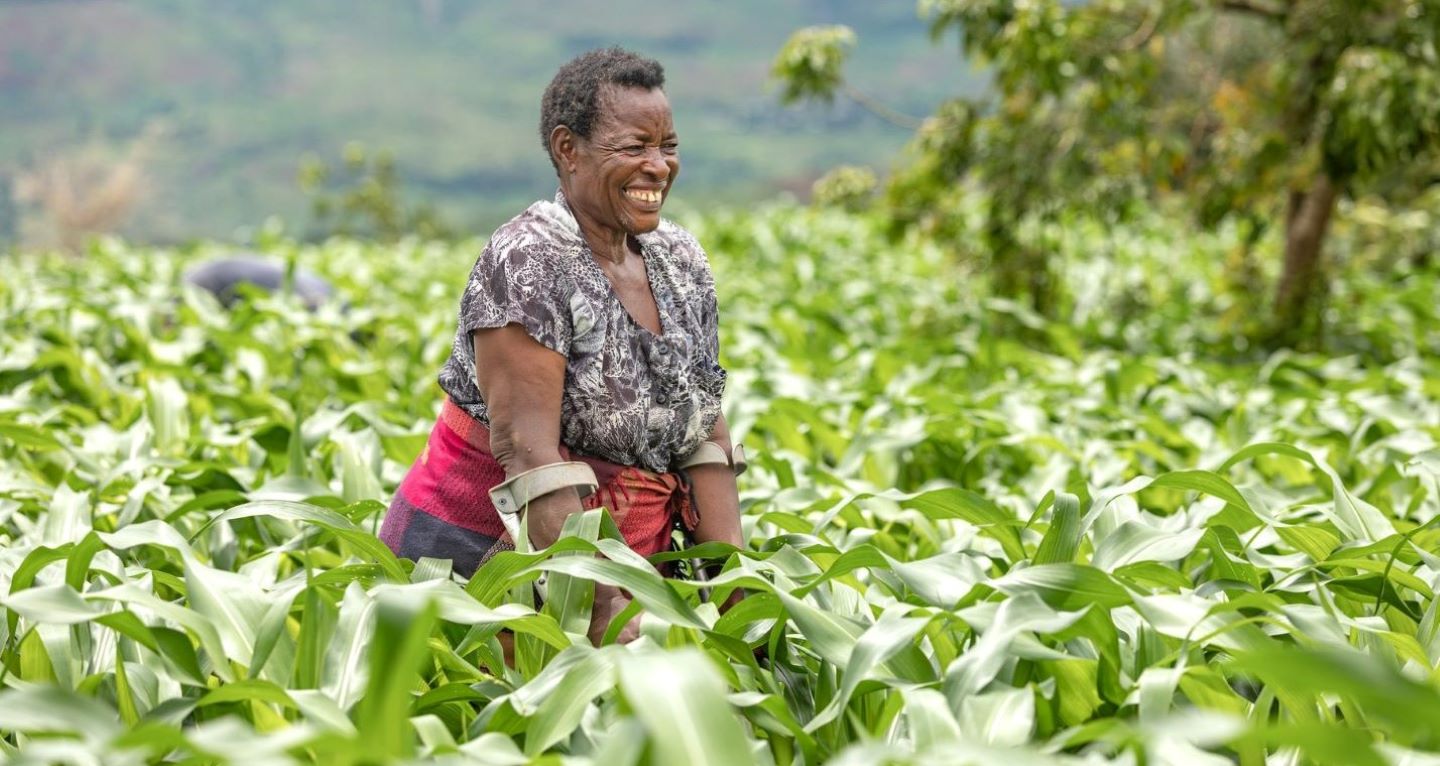After Cyclone Freddy, investment brings hope to rural Malawi
IfadAssetRequestWeb
Agrégateur de contenus
After Cyclone Freddy, investment brings hope to rural Malawi
Temps de lecture estimé: 4 minutes
Cyclone Freddy, the strongest and longest-lived tropical cyclone ever recorded, bore down on southern Africa in March 2023.
Nowhere was hit harder than Malawi, where over 1,200 people lost their lives and hundreds of thousands more were displaced. Homes were destroyed, crops washed away and livelihoods shattered in a country already struggling with hunger and poverty.
One year on, rural Malawians are still rebuilding and coming to terms with Freddy’s impacts. But thanks to much-needed investments in small-scale farming, hope is finally starting to appear on the horizon.
Bouncing back with rabbits
Twenty-one-year-old Kondwani McNight and his wife Mwayiwawo were forced to move in with family when their house in the Balaka district collapsed during the cyclone. With their livestock drowned and their fields washed away, the young couple was left with nothing.
Today, they’re determined to build their home anew together.
Thanks to IFAD’s Crisis Response Initiative (CRI), Kondwani received rabbits and training in soil conservation. The rabbits provide a much-needed source of nutrition, and he saves on increasingly expensive fertilizer by using their droppings instead.
Soon, he will be able to sell the rabbits and support his family. Now that they have a base on which to rebuild their lives, Kondwani is encouraging other young rural people to do the same.
“If agricultural programmes start including youth, they'll learn to rely on themselves,” he says. “I see this as a stepping stone. I have a vision for the future where I run my own business, start a family, and provide for my future children's education.”
Harvesting water for resilience
Mother-of-three Rhoda Zululu woke up one morning during the cyclone to find her home flooded and her crops gone. The heavy rains had cracked a wall in her kitchen and destroyed her garden in Malawi’s southern Somba region.
“I cried and cried,” says Rhoda. “I was discouraged as a farmer because I had lost all my crops.”
But with the CRI’s support, Rhoda overcame her initial despair to build back even stronger than before.
Prior to Freddy, Rhoda only grew enough soybeans for her family’s consumption. Today, with the 25kg of soya seeds she received through CRI, she has surplus soy which she sells to earn an income and support her family.
What’s more, Rhoda has learned water harvesting techniques to ensure she’s more resilient to future weather shocks. She has built swales to capture and hold rainwater so the soil is irrigated gradually, while her grass-covered contour ridges prevent soil erosion.
Building a more inclusive rural society
In an era of converging crises, the CRI was set up shortly after war broke out in Ukraine in recognition of the fact that we must mitigate short-term crises for sustainable, long-term development. It targets the most vulnerable rural people in the countries most exposed to shocks.
One such person is Emily Simika, a widow living with a disability in the Chiradzulu district. Her limited mobility meant that she was left with few options when Freddy devastated her farm and partially destroyed the house she rented out for additional income.
Though her children were able to offer some financial support, they couldn’t be fully there for her because they live abroad. Emily had to find a way to recover by herself, and initially, she felt desperate.
The CRI brought her renewed hope. Emily is using the wide range of seeds she received to diversify her crops and build resilience to climate change. Meanwhile, an extension worker is supporting her with physical and technical assistance so that she doesn’t have to navigate uncertainties alone.
“This support really gave me a new lease of life,” says Emily. “I’m looking forward to getting back to where things were as I reconcile with the past.”
*
Cyclone Freddy certainly won’t be the last climate disaster Malawi experiences. But by building resilience, rural people like Kondwani, Rhoda and Emily are ensuring that when the next one strikes, they’ll be more able to face it – and recover faster.
Learn more about IFAD’s Crisis Response Initiative.
Date de publication: 24 avril 2024